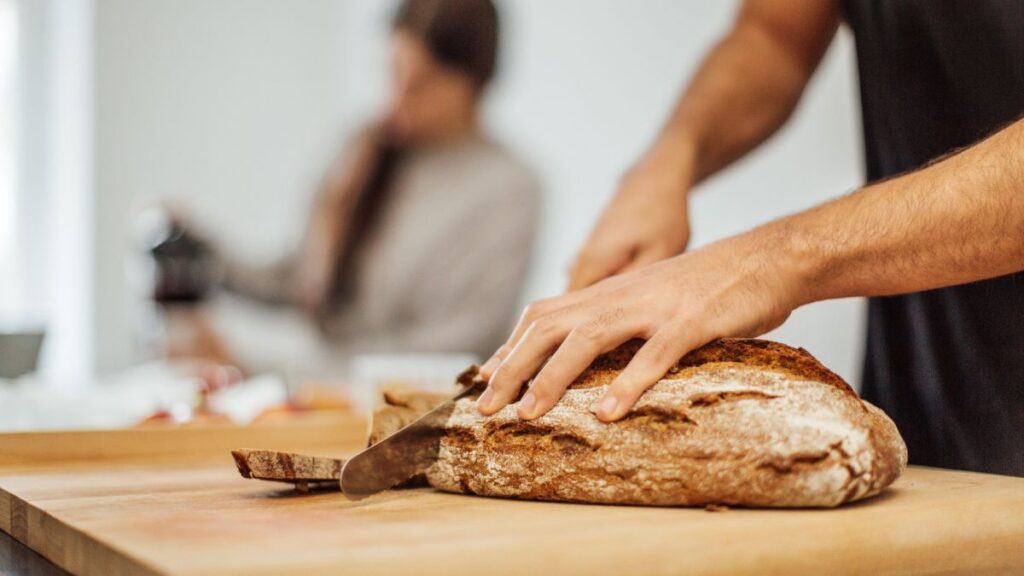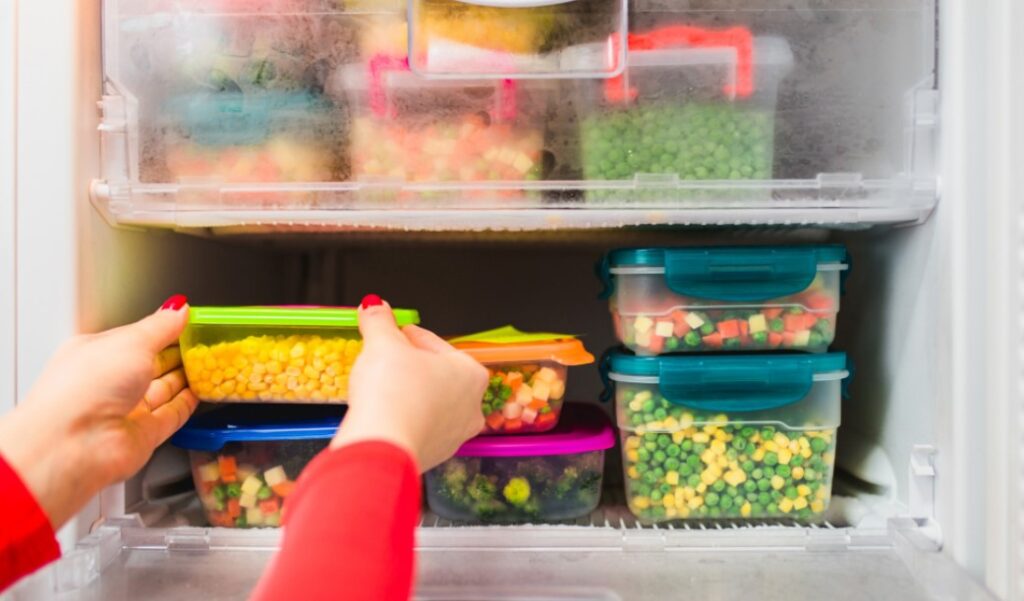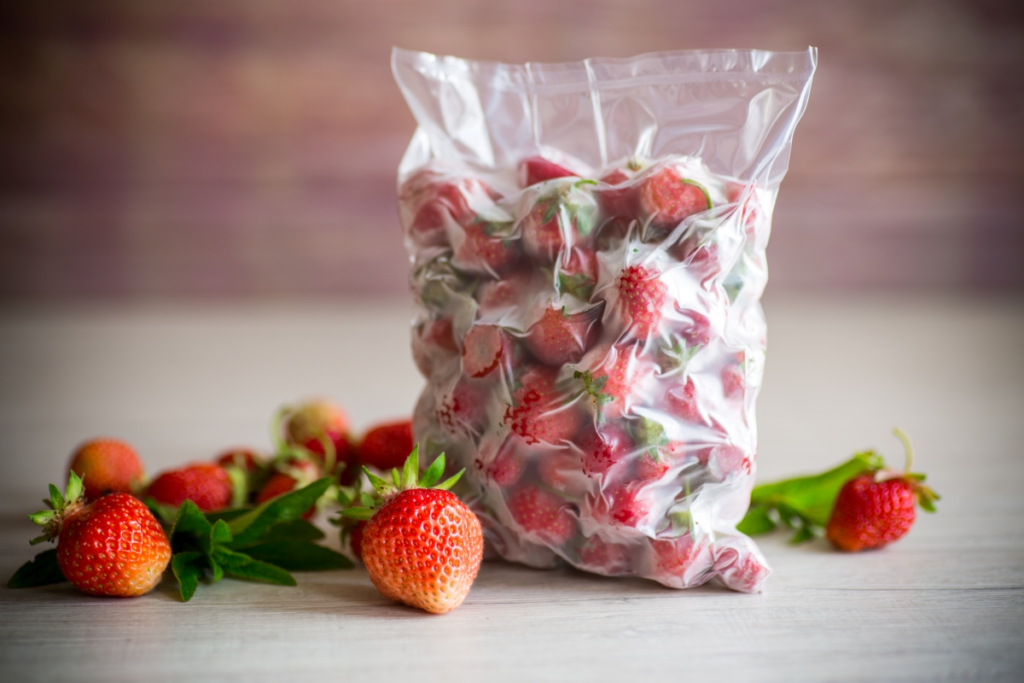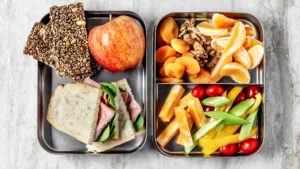Have you ever over-shopped and ended up with more groceries than stomachs to feed?
As pantries get larger and extend into complete rooms, this is becoming a common problem. The more space and shelves to fill, the more groceries we end up buying.
In some cases, buying in bulk is a necessity, especially for farmers or people who live remotely and can only get to the shops every so often.
Then there is the rest of us.
While not everyone is charmed by the colorful labels or sale signs, many of us are weak, overshop and end up with an abundance of food at home.
So, apart from eating all your spoils or cooking enough food to feed a small village, what do you do when you go overboard at the shops and end up with too much food at home?
You head to the freezer and hope there is room!
From cooked food to raw produce, there is an abundance of foods you can freeze and then use frozen in your cooking or baking.
Explore these foods and find out how they can even be used in cooking.
Bread and Dough

Source: realhomes.com
From dinner rolls to raisin bread, when it comes to extending the lifespan of fresh bread many people rely on their freezer.
What some people may be surprised to know is that you can also freeze the uncooked dough. Whether it is pizza dough or any other dough you worked tirelessly to create, if you have leftover dough there is no need to cook it all at once or throw anything away.
In some bakeries and restaurants, this is precisely what they do. Rather than make fresh dough and bread daily, they make the dough in large batches and then freeze the remaining dough. Typically, the frozen bread dough needs to be thawed out overnight before being prepared and baked as normal.
In addition to freezing your own dough, there are many frozen dough suppliers with various frozen dough and frozen bakery products available including:
- Bread loaves (slugs, french sticks, Vienna)
- Artisanal bread including sourdough
- Bread rolls (dinner, round, hotdog, burger)
- Flatbread
- Scrolls
- Pizza
Vegetables

Source: safefood.net
If you can buy frozen vegetables in a bag, there is no reason you can’t freeze your fresh vegetables as well.
Here are a few vegetables you can freeze:
- Corn
- Peas
- Beans
- Carrots
- Spinach
- Kale
- Cauliflower
- Onion.
For some vegetables, such as peas, beans, and carrots it is recommended to blanch the vegetables and allow them to dry before freezing them.
Herbs are another item we always end up with an abundance of, but it never seems to stay alive long enough for a second use. Fortunately, there are also a few different options for freezing herbs.
To preserve the freshness of your frozen vegetables and herbs for as long as possible, always store them in airtight containers or freezer bags.
It is also a good idea to label and date your vegetables.
Fruits

Source: practicalselfreliance.com
For those who miss and crave summer fruits all year long, you may wish to consider using the freezer.
And, if you are a smoothie and fruit juice lover then you don’t even need to thaw out your fruits to enjoy them. Just blitz, pulsate, pour en enjoy.
A few fruits that can be frozen include:
- Peaches
- Cherries
- Nectarines
- Mango
- Plums
- Bananas
- Strawberries
- Blueberries
- Pineapples
From dough to fruits and vegetables, there are many different kinds of foods and raw ingredients you can freeze for a prolonged lifespan, which helps minimize food waste.





